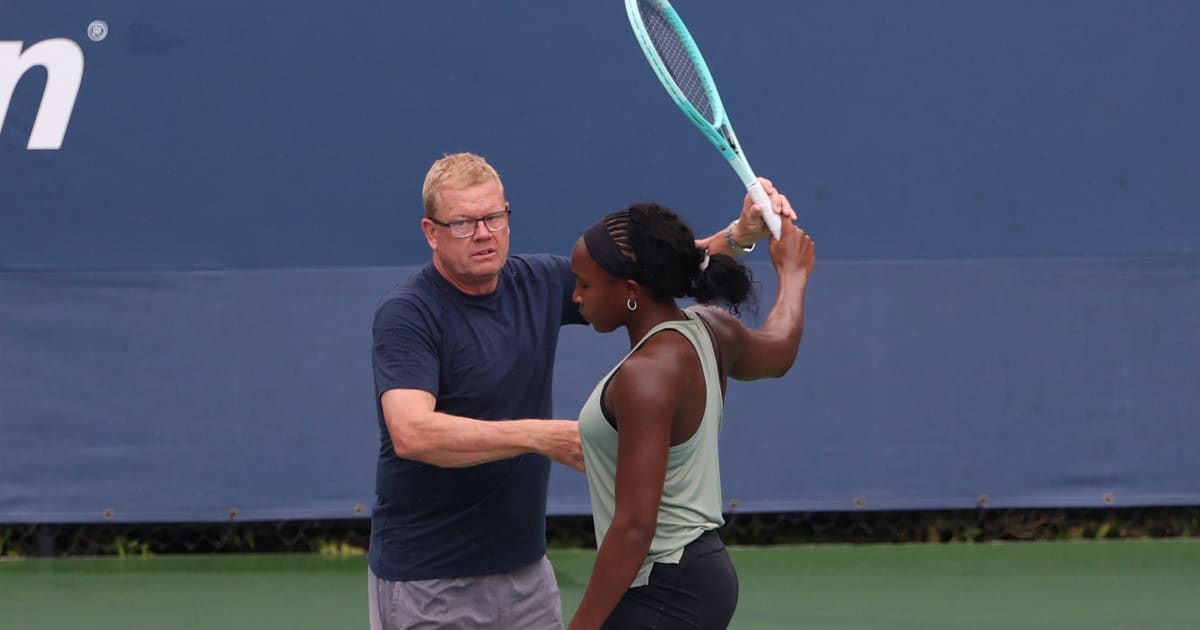‘The world betting game’: is football more susceptible to match-fixing in Australia?

Australian football faces a significant and ongoing threat given what is known about the recent A-League match-fixing case, which returns to court this week. Yet two of Australia’s most prominent sport integrity voices are concerned that an even greater peril lies in the opaque pit that is the illegal international online bookmaking market, and that local laws are not doing enough to mitigate the risk.Former Western United player Riku Danzaki and his friend Yuta Hirayama pleaded guilty last week to charges related to a scheme in which the pair bet on Danzaki receiving yellow cards in the A-League Men competition. They will be sentenced this week and face hefty fines. According to court proceedings, Danzaki and Hirayama used Australian-licensed bookmakers Bet365, Sportsbet and Tabcorp and won more than $20,000 in the scheme, but were undone when Tabcorp rejected their final bet and reported them to police.The case appears to be an endorsement for the cooperation between bookmakers, sporting codes and police that underpins gambling licence-fee agreements in Australia. In this instance, Tabcorp’s trading staff detected the suspicious behaviour and notified its investigation team, which referred it to the sporting integrity intelligence unit of Victoria police.While police will work across borders, this kind of cooperation between sports betting partners is weaker overseas, especially on the shady black market providers that evade regulation and enforcement. At the same time, the volume of betting is much larger on these platforms. The UN estimated in 2021 that up to US$1.7tn (AU$2.6tn) was wagered on illicit betting markets each year.The head of strategy and international policy at Sport Integrity Australia, James Moller, says football “could also be known as the world betting game, such are the volumes wagered on the sport across the globe”. “The quality of our sporting competitions and our closely aligned time-zone with Asia makes Australian sport particularly popular for betting in that part of the world,” he says.Football Australia says the Danzaki matter is one example that shows measures against match-fixing “have proven to be effective” in its mission to protect the sport. “Our aim is to prevent behaviours that threaten sport integrity from occurring in the first place, however, we have measures to detect and act where required.”Yet Dr Catherine Ordway, a sports integrity consultant, says catching those who benefit through offshore betting remains challenging. “People change their web domains very quickly, and the technology is changing to using cryptocurrencies and so on to make it very difficult to use the traditional forms of traceability and accountability that crime-fighters have been using over decades,” Ordway says.She highlighted where athletes are underpaid, or have not received integrity education, or are exposed to traditional corruption risks such as around drugs or sex work, the vulnerability grows. “Once you get down below that first league, then that’s where the risks present,” she says.View image in fullscreen The Women's Asian Cup will be held across Australia next year. Photograph: David Gray/AFP/Getty ImagesThe federal government has pledged to introduce commonwealth legislation to specifically address match-fixing, as part of the process to ratify the Macolin Convention, the international treaty aimed at combating sports corruption. There is currently a mishmash of state legislation, including a reluctance by governments in Tasmania and Western Australia to introduce specific laws to combat match-fixing, even as the other states followed through with a 2011 national agreement. But there is no clear timeline for the arrival of new powers.The temptation of match-fixing has lured Australians from sports other than football. Oliver Anderson, who won the 2016 Australian Open boys singles tennis title, is perhaps the highest-profile local athlete outside football to succumb to its temptations. And Australia’s other major codes are not without integrity concerns. The AFL has sought to increase licensing fees with bookmakers in order to improve detection of gamblers’ use of inside information. Former NRL player Ryan Tandy received a lifetime ban from the NRL in 2012 over a spot-fixing scandal.skip past newsletter promotion Sign up to Australia Sport Free newsletter Get a daily roundup of the latest sports news, features and comment from our Australian sports desk Enter your email address Sign up Privacy Notice: Newsletters may contain info about charities, online ads, and content funded by outside parties. For more information see our Newsletters may contain info about charities, online ads, and content funded by outside parties. For more information see our Privacy Policy . We use Google reCaptcha to protect our website and the Google Privacy Policy and Terms of Service apply. after newsletter promotionLike tennis, football’s appeal is global, and bettors are interested even in amateurs playing in Australia. Log on to one of the many offshore bookmakers beyond the reach of local regulators and investigators, and markets are available on 21 separate Australian football competitions, including second-tier leagues in several states.But Ordway says next year’s Women’s Asian Cup matches in Perth – where the state government has deemed its general wagering and criminal code provisions “sufficient” to effectively prevent match-fixing – is a “massive vulnerability”.“We’ve got people coming in that are not paid properly, that are not given the adequate training and education, whether it’s referees or players or team officials,” she says. “And they’re coming into an environment where, on the other side, we don’t have the legislation that’s as strong as it could be.”FA’s spokesperson said: “Football Australia would be supportive of legislation designed to uphold and protect the integrity of football and sport more generally.”A spokesperson for WA attorney-general Tony Buti said the state’s criminal code has “some of the strongest criminal laws in Australia” with a “range of offences relating to fraudulent behaviour”.














